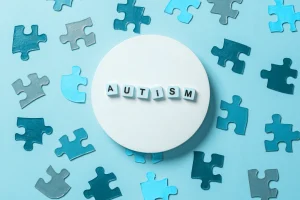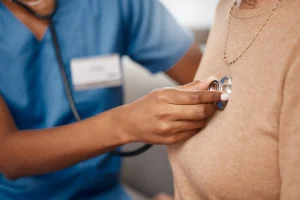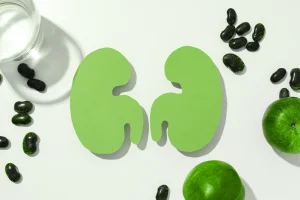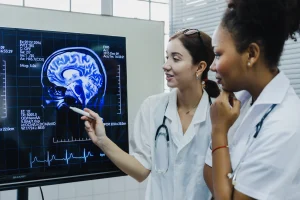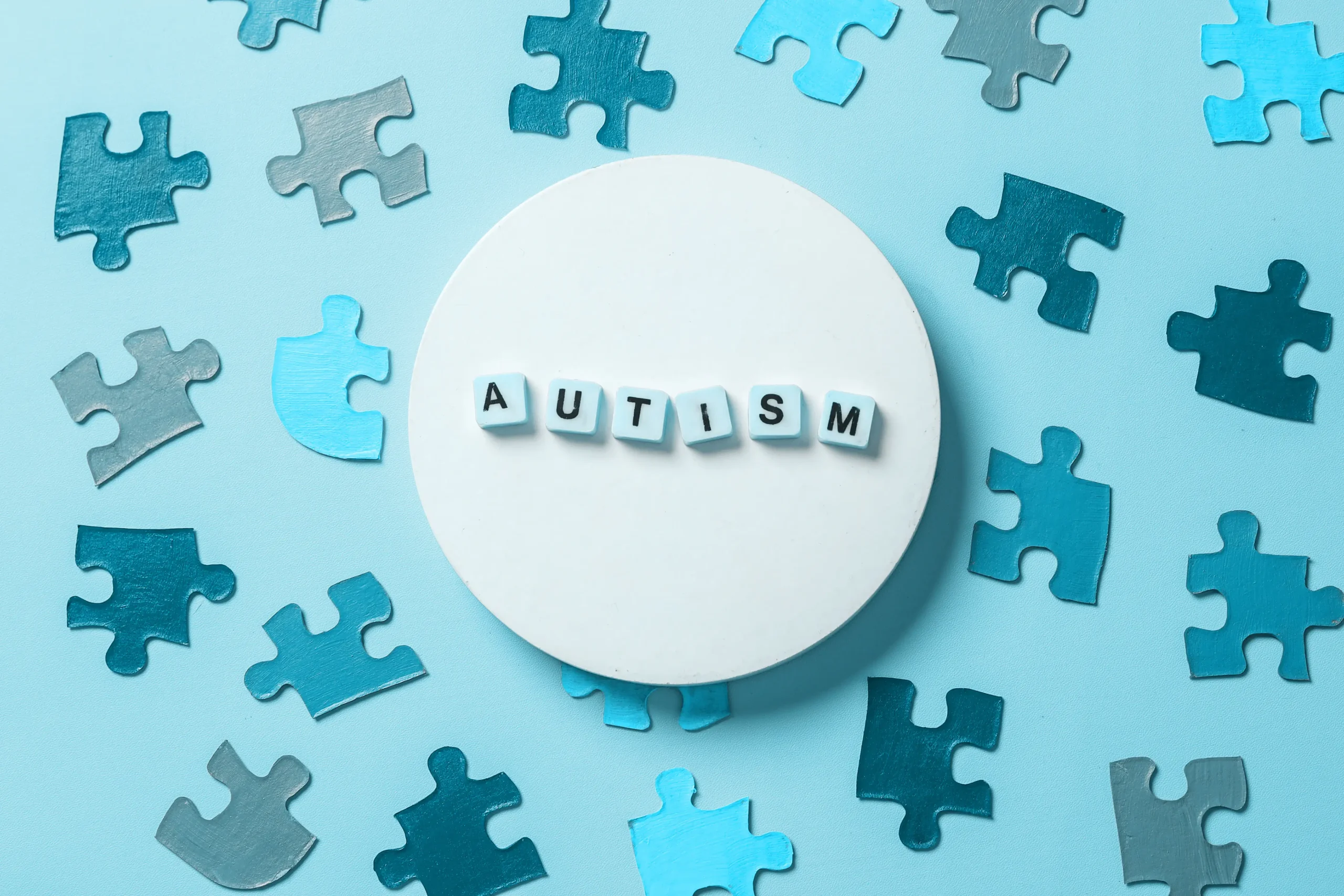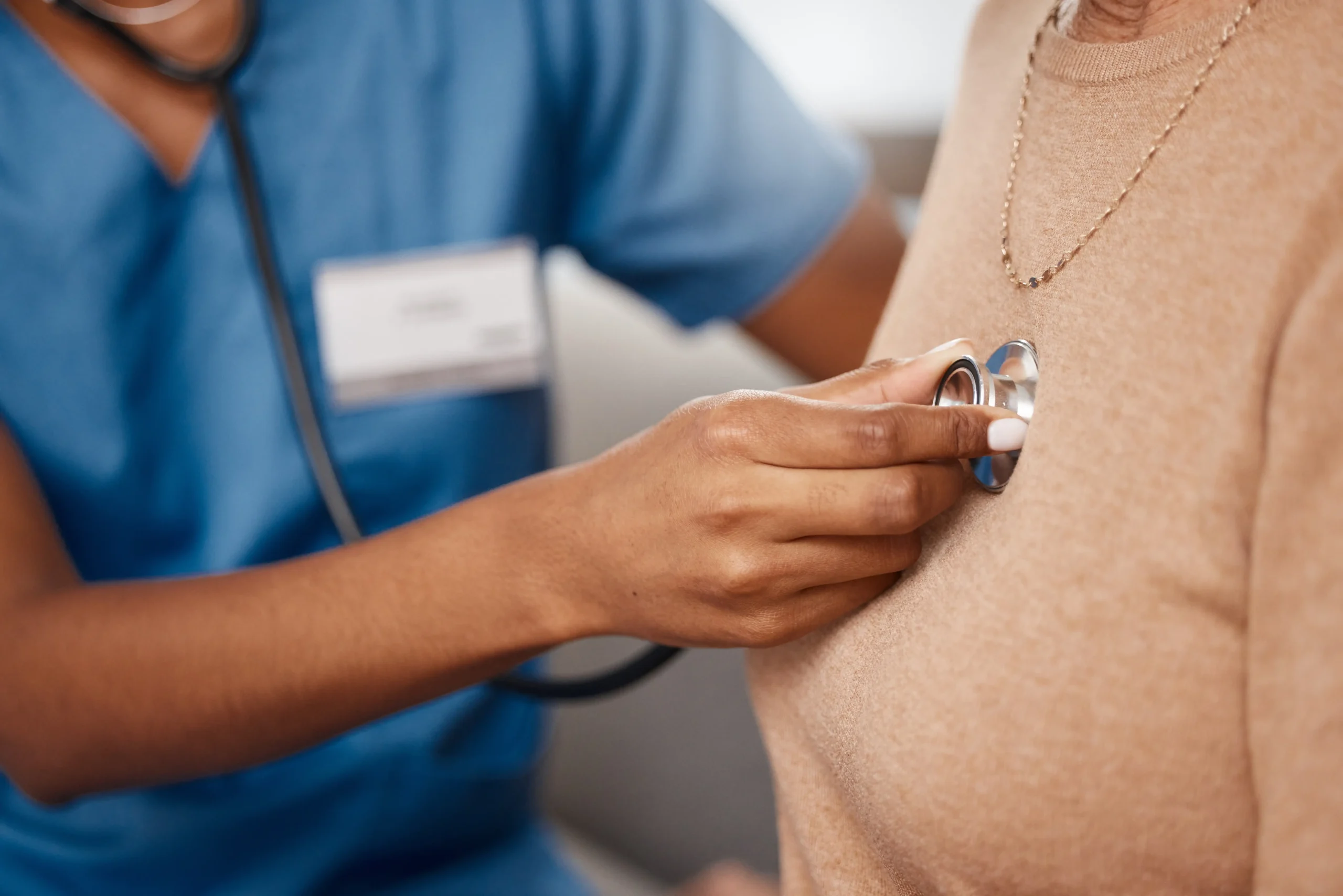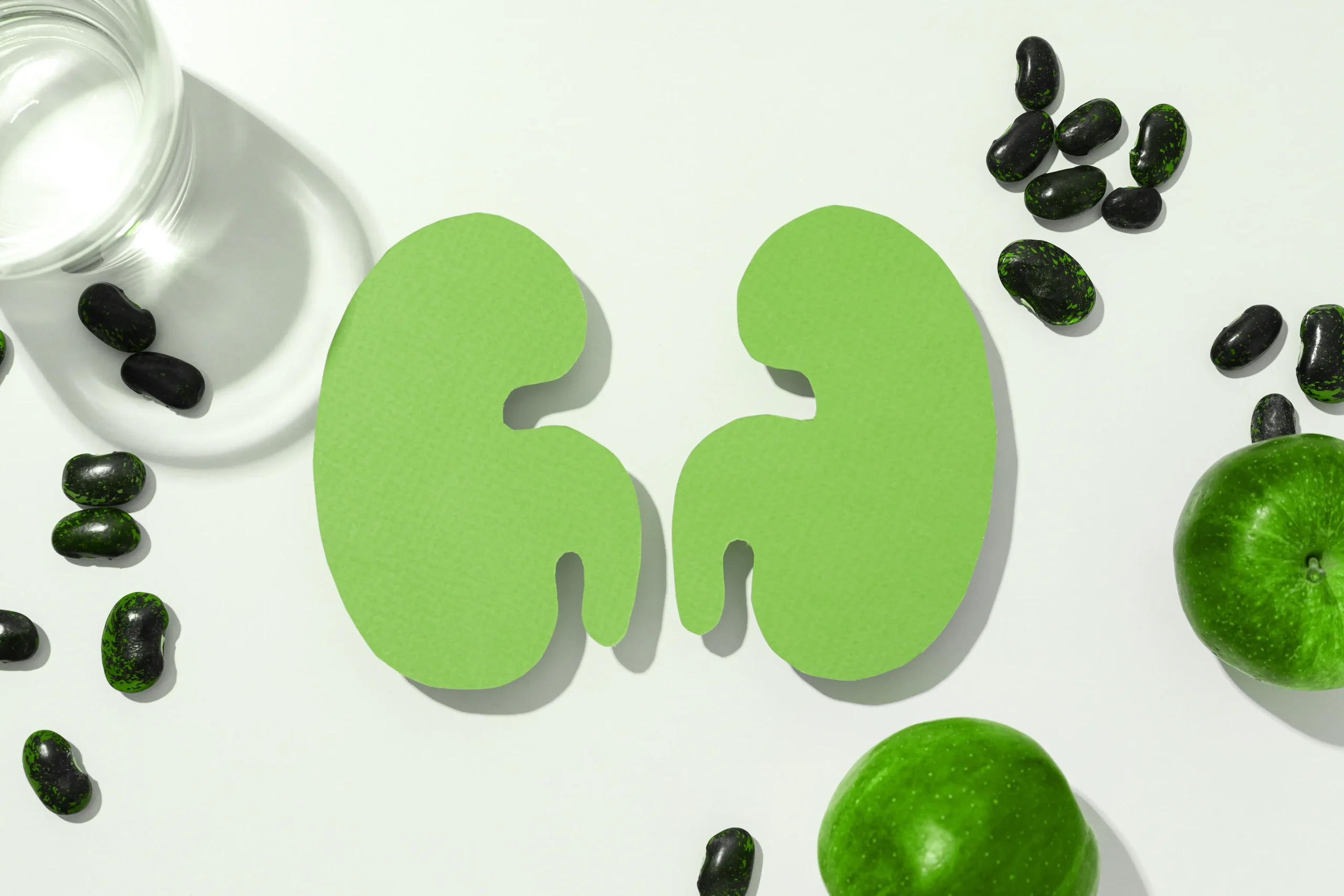The 20 Most Vital Things You Need To Know About Strokes
Having a stroke can be a challenging medical condition, especially if it is severe. Strokes are one of the leading causes of death and disability in South Africa, with the number per year as high as 75,000. According to the Heart & Stroke Foundation, heart disease and stroke are the country’s biggest killers after HIV/AIDS – more than all cancers combined. As many as 10 people have a stroke every hour, with some 215 South Africans dying every day from heart disease or strokes.
Here are 20 important things you need to know about strokes, from prevention to healthcare after a stroke.
1. Act F.A.S.T.
FAST is an acronym that helps you quickly identify whether you or somebody else is having a stroke. It stands for:
F = face – ask the person to smile, or observe: is one side of the person’s face starting to droop?
A = arms – get them to raise their arms and close their eyes – if one arm drops down or they are unable to move it, they could be having a stroke.
S = speech – is the person starting to slur their speech, or do they have difficulty speaking all of a sudden?
T = together – if these symptoms are present all at the same time, seek medical help immediately, as we will discuss below.
2. Time is of the essence
The reason why medical care after a stroke is so vitally important is because of the damage that takes place if a stroke goes unchecked. Oxygen supply to the cells (usually in the brain or the heart) is interrupted, which causes the cells to die. The longer the cells are starved of oxygen, the more of them die. Where these cells are in the brain (from a stroke), either motor skills or cognitive function is affected. Where these cells are in the heart (from a heart attack), the heart muscle is permanently damaged.
3. Prevention is much better than cure
Strokes can affect anyone at any age, but people over 40, men, people who have stressful jobs, people who are overweight, smokers, those with a family history of strokes, people with high cholesterol, people with diabetes, and people with high blood pressure, are all more at risk.
However, a stroke can affect anyone (male or female) at any age, so be sure to keep yourself in good health.
4. A mini-stroke is a warning from your body
A mini-stroke, also known as a transient ischaemic attack (TIA), usually also affects one side of your body, may last as long as 10-15 minutes, and is a temporary blockage of a blood vessel. There is usually no permanent damage to the brain, but it is a very strong warning sign that your body is headed for a full-blown stroke, and this is an indication that you need to check your health. Go immediately to a doctor for assistance.
5. The first type of stroke is an ischaemic stroke, caused by a blood clot
A blood clot can form in a blood vessel and obstruct the flow of blood, which damages the brain. In some cases, the clot forms in another part of the body and then travels to the brain, where is causes an obstruction.
6. The second type of stroke is a haemorrhage stroke, caused by a blood vessel that bursts
This burst vessel leaks into the brain and damages it. However, only 2 in 10 strokes are from a burst blood vessel. The majority are caused by blood clots.
7. High cholesterol makes this worse
‘Bad’ cholesterol (LDL) forms a plaque that sticks to the artery walls. Not only does it make the vessels less elastic, but it also narrows the passage for the flow of blood. This in and of itself is bad, but when a piece of this plaque breaks off and becomes a clot in the blood, it can lead to a stroke.
8. So does high blood pressure
Anything higher than 120/80 puts you in the danger zone, and could lead to either a blood clot or a vessel that bursts, which causes a stroke. Go for regular check-ups and speak to your doctor about medication to lower your blood pressure.
9. And so does diabetes
When the body stops responding to insulin and there is too much sugar in the blood, this can also aggravate the factors that cause a stroke. The precursor to this is metabolic syndrome, which is the start of poor health around diet and eating habits. Be very mindful of your processed sugar intake.
10. Salt is harmful
Most of the salt we consume is already in the food we eat, so be careful if you’re tempted to sprinkle more onto your food. This increases the sodium in your blood and makes you retain water, which causes your blood pressure to increase. The delicate balance between sodium and potassium, which affects the way water is pulled out of your cells and filtered, can also affect your kidneys.
11. So is alcohol
In moderation, alcohol can actually improve health. However, abuse adds to the damage to the blood vessels and aggravates bad cholesterol.
12. You need to keep your weight down
Being overweight increases the chances of stroke – and this is even more important if you’ve already had a stroke. Keep your BMI (body mass index) between 18 and 25. Speak to your doctor for guidance on this matter, and for a healthy eating plan.
13. Exercise is non-negotiable
Good strong blood vessels are formed when we exercise (even though it feels like you’re about to die when you’re doing it), so get that heart rate up and extend your life by a good few years.
14. Quit smoking
Aside from being strongly linked to cancer, smoking (and vaping) has been shown to also aggravate cholesterol levels, which can lead to a stroke. Stay away. Speak to your doctor about quitting.
15. Seek medical attention after a stroke
Make an appointment to see your doctor regularly after you have recovered, and stay in touch with him/her, so that your situation can be carefully monitored. The body is an amazing machine, and you can recover from a stroke.
Read more about life after a stroke here.
16. Go for rehabilitation
Your body will heal faster if you go for rehab. Physiotherapy will assist with physical ailments after a stroke (like one side being paralysed), while speech therapy can help you to learn to speak again.
Read more about the emotional changes that take place after a stroke here.
17. Make sure you don’t have another stroke
Your risk is increased if you’ve already had a stroke, so take the necessary precautions and change your lifestyle as instructed by your doctor.
18. There is hope after a stroke
Levels of damage may depend on how long it took to get medical help, but if you or your loved one survived, there is a reason, and life must go on. Seek counselling for depression or feelings of anger and frustration, and then begin the process of healing your body.
19. Your life isn’t over
You didn’t die, which means that your mission on this earth is not fulfilled yet. Plan for the rest of your life with renewed zest and purpose.
20. Keep living for those who love you
Remember, people love and care about you. Make sure you live well and healthy, not only for yourself, but also for them.
Learn more about life after stroke by downloading our “Guide for Stroke Patients” on our website. Click here to download.
The lenmed Group is a world-class chain of Private Hospitals that brings quality healthcare to communities across Southern Africa.
For more information please contact:
The Heart and Stroke Foundation
Tel: +27 (0) 21 422 1586
Email: [email protected]
Website: www.heartfoundation.co.za
Disclaimer: Any information contained here is merely a guideline. Always visit your healthcare practitioner for any health-related advice or diagnosis.





